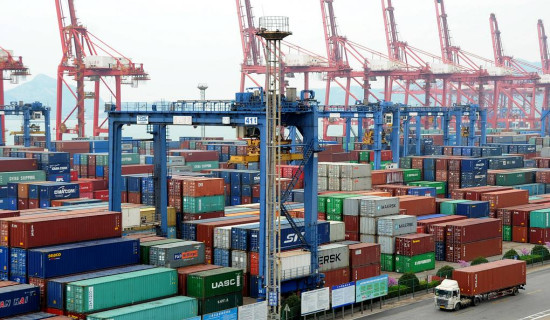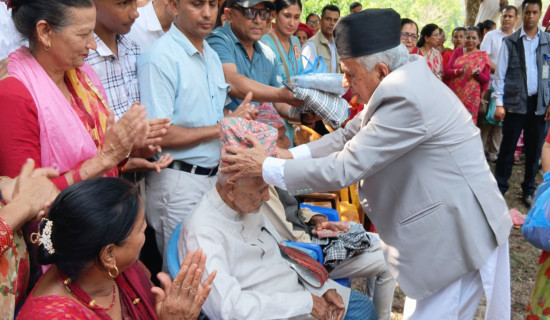- Tuesday, 13 May 2025
17% freed haliyas fall back to same slavery-like system
By TRN Online, Kathmandu, Mar. 27: Some 17 per cent
of freed Haliyas have fallen back to the same ill practice of bonded labour
even after 15 years of the abolishment of the system akin to slavery.
A report
entitled ESCR Yearbook 2022 made public today revealed that "even after
the abolishment of the Haliya system, still 17% among men and 9% among women
respondents are forced to continue being Haliya because of their economic situation."
The finding
of the report is based on the data collected from 7,982 Haliya households and
211 duty bearers by means of mobile app for quantitative and through different
types of discussions for qualitative data.
83% freed
Haliyas still do not have the Haliya ID card, revealed the study, as a major hindrance
to the rehabilitation of the victims of the slavery-like system.
Nearly 95%
Haliyas living below the poverty line and that 95% of them are from the Dalit
community, the lowest caste in the Hindu caste hierarchy.
The report
concludes that securing the human rights of the freed Haliyas still require
efforts on multiple fronts, read a statement by Nepalese Campaign for Human
Rights and Social Transformation Nepal (CAHURAST), one of the organizations of the
joint study.
Haliya is a
system of agrictultural bonded labour that prevailed in 12 western hill
districts of Karnali and Sudur Paschim provinces of Nepal.
Haliyas used
to work for their landlords for generations to repay the debt taken by their
forefathers.
After
signing a five points agreement with the Haliya Organisation, the government of
Nepal abolished the Haliya system in 2008 and freed from debt bondage and the
Haliya system.

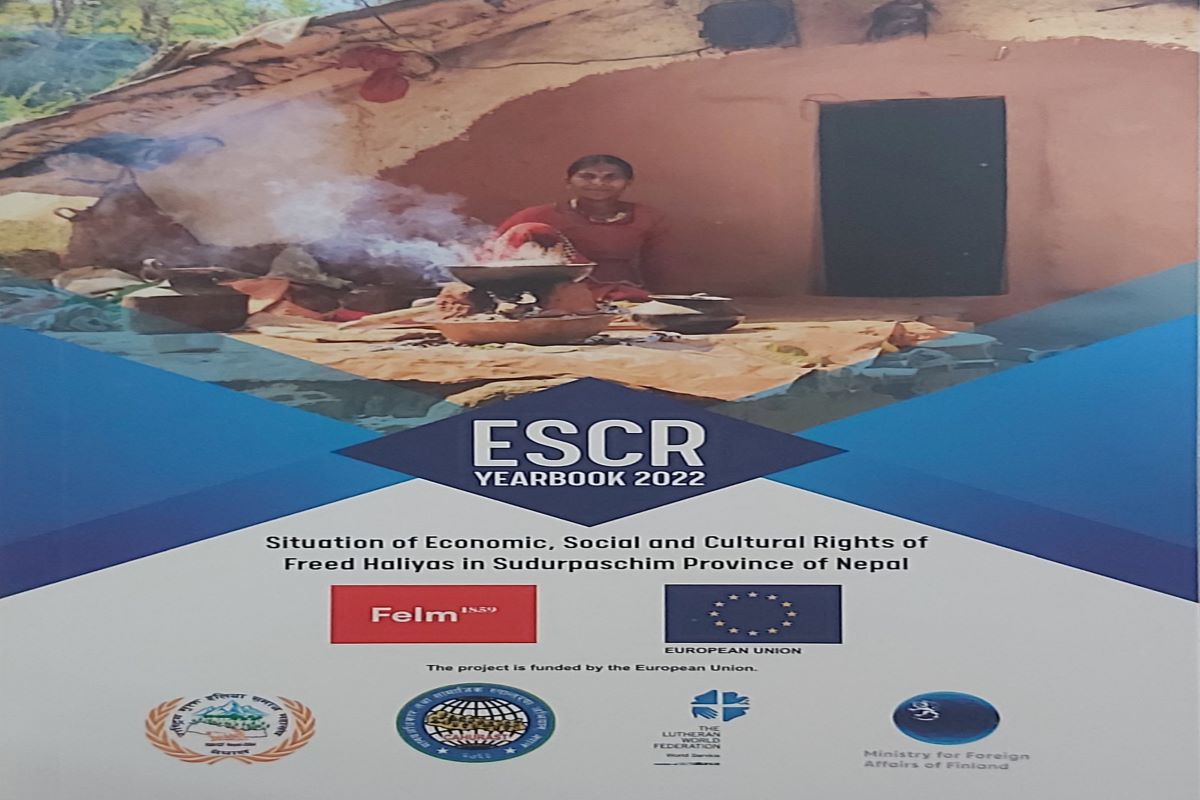



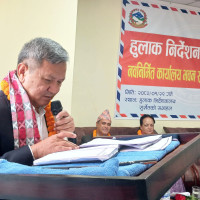
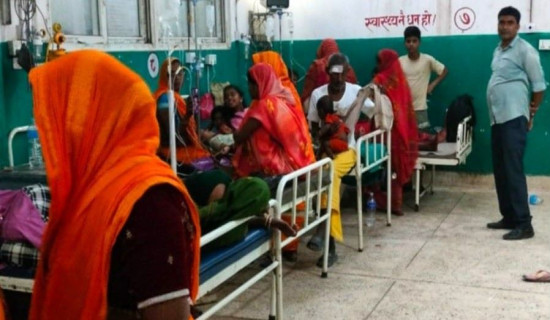
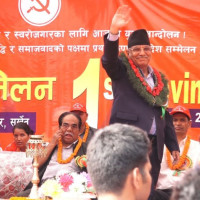
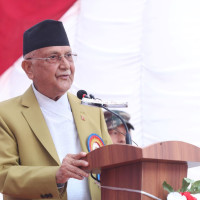

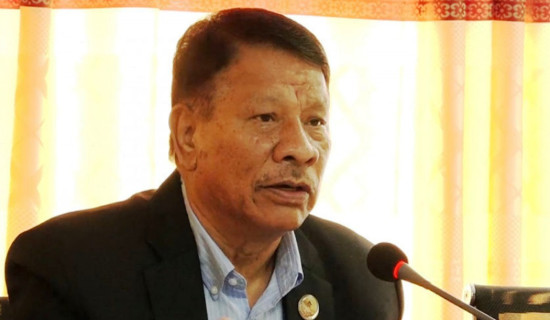
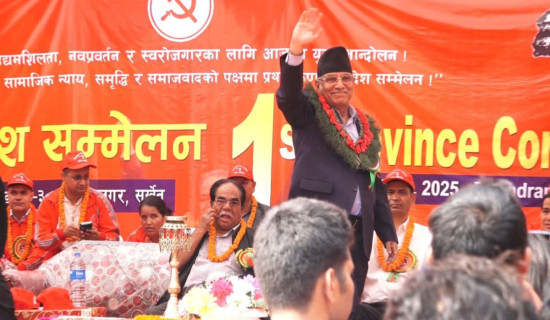
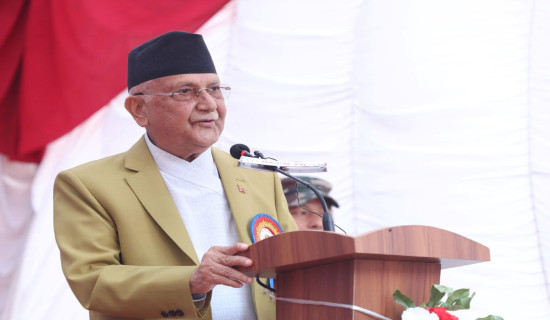
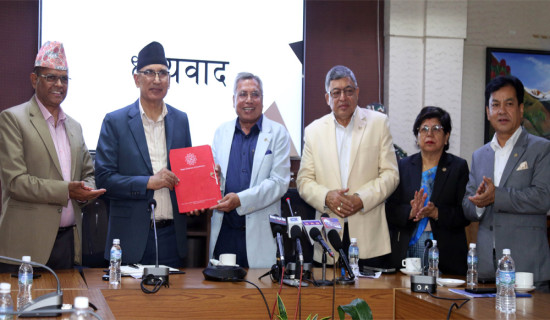
-original-thumb.jpg)
